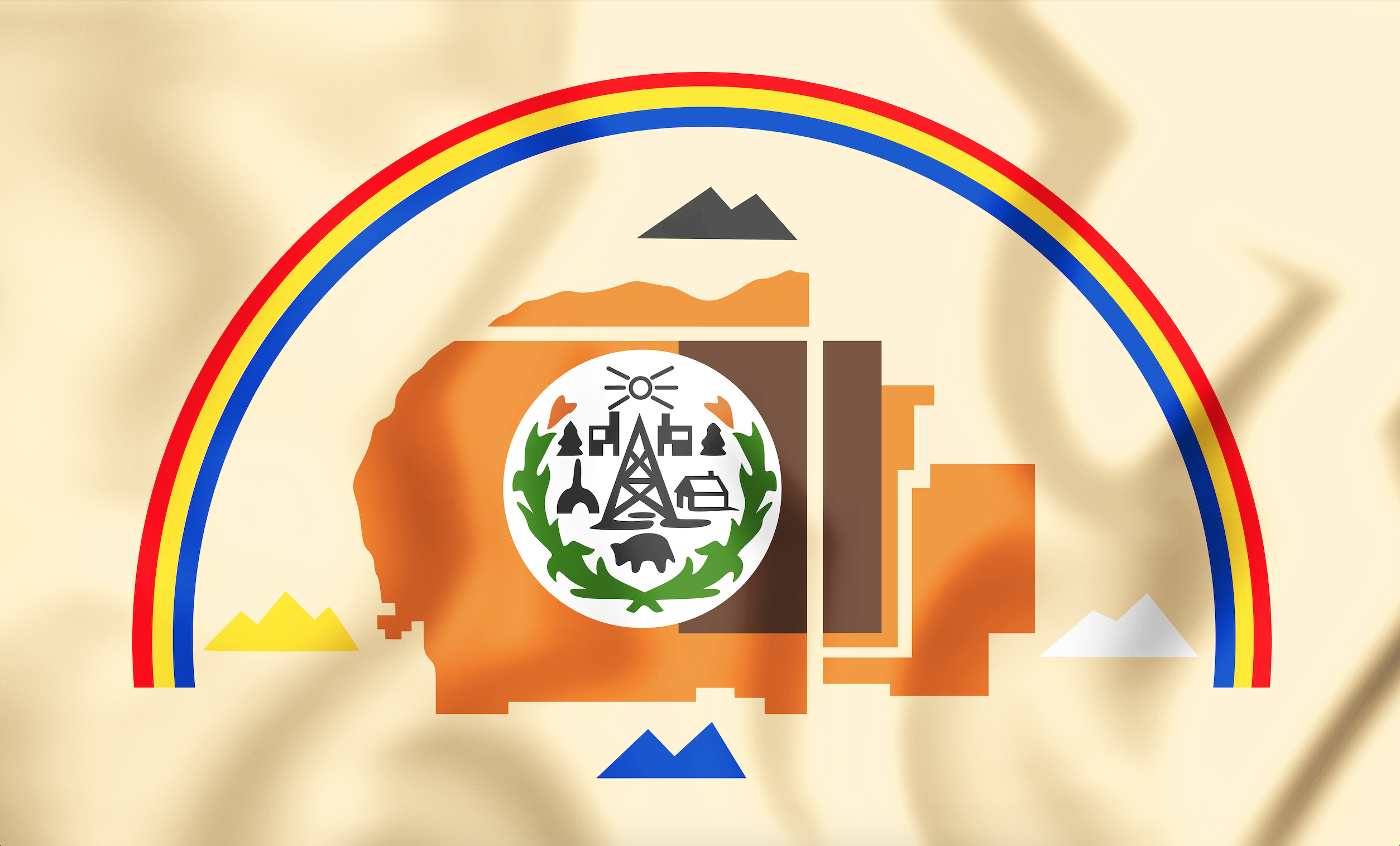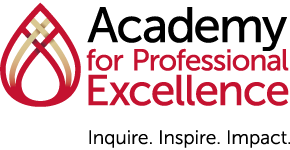The second Monday in October is Indigenous Peoples’ Day in California and other states, while November is Native American Heritage Month. And, I admit, I struggle with these and similar celebrations.
On the one hand, it is important to acknowledge the original inhabitants of this land and the beautiful and rich cultural legacy that endures. It is important to take every opportunity to rethink how we tell our collective history and who we consider heroes. The visibility we have during these holidays is an important reminder not just of the atrocities inflicted on our Peoples and the suffering that has remained for centuries, but also of the tenacity, fortitude, innovation and
R E S I L I E N C E of our People. We celebrate the fact that we remain despite the efforts of the past. We have maintained our relationships with the land, we carry on our spiritual practices, we are revitalizing our languages and our traditions. We are gaining representation in dominant culture in politics, fashion, finance, business, academia, the sciences and the arts.
We thumb our noses at genocide and colonization by still being HERE.
On the other hand, these kinds of celebrations run the risk of being performative, and their intention and meaning lost. People get a day off, but how many engage in any kind of reflection of their relationship with the land on which they are guests, or with the People of the land? How many engage in an act of service for the People? How many people continue to appropriate Native cultural practices, poach and sell traditional medicines and cultural items, engage in anti-Native microaggressions (did you pow-wow with your colleague today at work or did you have a meeting?), and fail to consider how they continue to benefit from colonialism?
Such a downer, I know. But that’s my point. While there has been much healing, these kinds of celebrations (and land acknowledgements) must include and invite ongoing relationships with Native peoples/Tribal Nations and active support for initiatives– created and led by Native peoples– that uplift Native peoples socially, economically and politically.
I’m saying, L A N D B A C K. I am not talking about reparations. I am talking about restoration. When I say landback, I am talking about returning the land to its original stewards and creating access to traditional territories and resources. I am talking about shifting the way you benefit from colonialism (i.e., white body supremacy) and becoming a true ally to support our efforts to heal our relationship with the land. I am talking about: restoring our autonomy and full self-governance; supporting our ventures for economic independence; supporting our initiatives to revitalize and protect our languages, access to traditional foods and to education. Support Native-owned businesses, buy Native art. Work with us so that we do not have one more Missing or Murdered Indigenous Woman, Girl or Two-Spirited person. This Indigenous Peoples’ Day, pay your rent.
There are a number of resources available to help you learn more about the issues Indian Country and Tribal Nations are facing. You can visit Indian Country Today, and online news source, or organizations like National Congress of American Indians and American Indian Affairs Association. Visit Tribal museums in your area, and attend public cultural events. You can also visit the links below for more.
Resources:
National Indigenous Womens Resource Center
Native American Women’s Health Education Resource Center
Strong Hearted Native Women’s Coalition
Written by Kim Mettler
Tribal STAR Program Manager
Howka, my name is Sunni Dominguez. I am Iipay/Kumeyaay from the Iipay Nation of Santa Ysabel. I sit in the elected position of Tribal Secretary for my tribe. I also serve as a Board Member for the California Tribal Families Coalition and on the Tribal Advisory Committee for the CDSS Office of Tribal Affairs. I have over 20 years of experience working within the Tribal community in the areas of Family Advocacy, Early Childhood Education, Tribal Youth Coordinator and Cultural Site Monitor. I currently work for the Academy for Professional Excellence Tribal STAR program as the Assistant Program Coordinator. Most importantly I have been honored and blessed to do the work of a Mother, Grandmother, Foster Parent and Indian Custodian. My purpose is that of spiritual growth and dedication to healing and protecting our past, present and future generations.
I have been working with the Tribal STAR program at the Academy for six years. The impact it has had on my life has been great! Not only have I developed as a professional, I have learned to understand better the importance of well-being as I navigate the challenges of training such a heavy topic that hits so close to home. As a trainer for ICWA: Working with Native American Families and Tribes, I have had many emotional moments of understanding of the what and why of some of my experiences as a Native woman raised with my tribe. It has caused me to have reflection into the unresolved grief and loss not only for myself but also for my community. I see the need for daily attention to my well being with an emphasis on spiritual healing to continue to grow and be the best I can for my family and tribe. In addition to the impact to my healing journey, the work I do has been rewarding as I get to share my story and experiences to assist with the changing of the hearts, minds and practice of the professionals that we serve, which leads to better outcomes for our Native American children and families.
Written by Sunni Dominguez
Tribal STAR Assistant Program Coordinator
Indigenous Peoples’ Day is very personal to me as a Navajo Woman, when I think of the history and stories I learned from the educational system in the dominant culture I am reminded of the complexities existing around the “discovery” of Turtle Island.
The impacts of manifest destiny and colonization of the original inhabitants in the U.S. have shed a negative light on Indigenous peoples, ultimately allowing a nation to fabricate the truth.
Since time immemorial, Indigenous peoples have been tied to the land– we are a part of it– and the deceptive idea that came with colonization has hurt the spirit of Indigenous peoples leading to spiritual, emotional, mental, and physical deprivation.
Indigenous Peoples’ Day is a remarkable moment in U.S. history, which honors the truth and brings attention to the myth of discovery. In honoring the truth, there is time for healing, a time to reconnect to our traditional ways, and mostly–to be seen as who we are.
The truth is I am the Tł’ááshchí’í/Red Bottom People, born for the Naaneesht’ézhí Táchii’nii/Charcol Streaked Division of the Red Running into the Water Clan, the Na’ahiłii/Creole People are my maternal grandfathers and the Tł’ízí Łání/Many Goats Clan are my paternal grandfathers. In this way, I STILL exist as a Navajo Woman.
Shí éí/I am called LaPrincess Greene yinishyé.

Written by LaPrincess Greene
Tribal STAR Administrative Assistant


